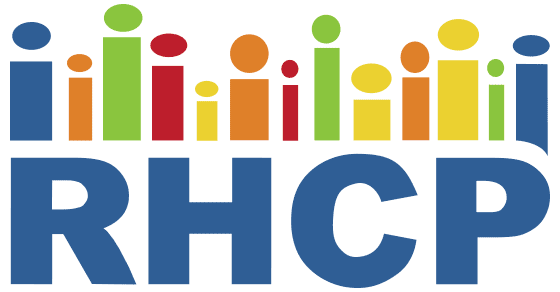Keeping the FAITH!: Psychosocial Factors and Healthy Lifestyle Among African-Americans During the COVID-19 Pandemic
Sage Journals Sept 2025
During the early phase of the COVID-19 pandemic, FAITH!—a community-academic partnership with African American churches—surveyed 169 African American adults in Minnesota to understand how pandemic-related stressors affected their ability to maintain a healthy lifestyle. Over half of respondents reported difficulty staying healthy, which was strongly linked to mental health challenges like stress, depression, anxiety, and anger. Financial hardships such as job insecurity, trouble paying rent, and difficulty affording food and utilities were also major contributors. Those facing multiple hardships had significantly higher odds of struggling to maintain healthy habits.
The survey revealed that faith-based practices and church communities played a vital role in helping individuals cope with emotional stress. Respondents leaned on spirituality, physical activity, and virtual support groups to manage their well-being. The findings highlight how social determinants of health—like income, housing, and access to care—intersect with mental health and lifestyle behaviors during public health crises. The study calls for culturally tailored, community-based interventions and policies that address these challenges, especially for marginalized populations disproportionately affected by emergencies.
